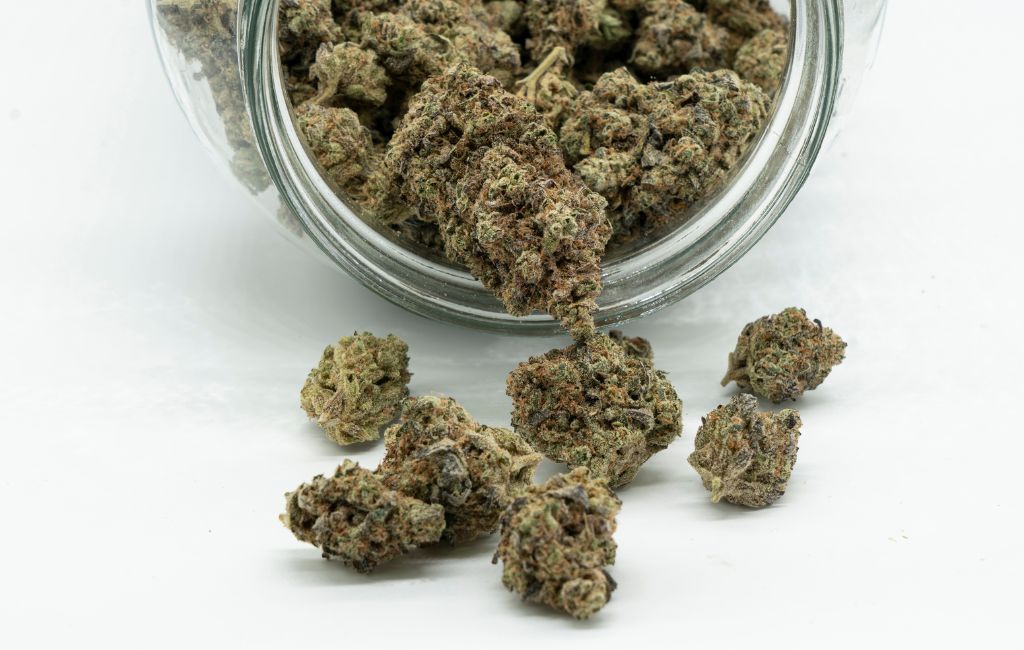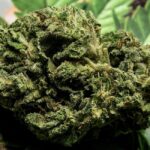How THCa Flower and Energy Levels Are Connected
In recent years, the conversation around cannabis and its various compounds has expanded significantly. One compound that has garnered attention is THCa, or tetrahydrocannabinolic acid. Unlike its more famous counterpart, THC, THCa is non-psychoactive. This article explores the connection between THCa flower and energy levels, providing insights into how this compound might influence our daily vitality.
Understanding THCa: The Basics
THCa is a cannabinoid found in raw and live cannabis plants. It is the precursor to THC, the compound responsible for the psychoactive effects of cannabis. When cannabis is heated through smoking, vaping, or cooking, THCa converts to THC. This process, known as decarboxylation, is what gives cannabis its mind-altering properties.
In its raw form, THCa does not produce a high. Instead, it is believed to offer a range of potential health benefits. These include anti-inflammatory, neuroprotective, and anti-emetic properties. As research into THCa continues, its potential impact on energy levels is becoming a topic of interest.
The Science Behind THCa and Energy
While research on THCa is still in its early stages, some studies suggest that it may influence energy levels. The endocannabinoid system (ECS) plays a crucial role in regulating various bodily functions, including mood, appetite, and energy balance. Cannabinoids like THCa interact with the ECS, potentially affecting these functions.
One theory is that THCa may help modulate the release of neurotransmitters such as dopamine and serotonin. These chemicals are known to influence mood and energy. By interacting with the ECS, THCa might help maintain a balanced state, potentially leading to improved energy levels.
Potential Benefits of THCa for Energy
While more research is needed, anecdotal evidence and preliminary studies suggest several potential benefits of THCa for energy levels:
- Anti-Inflammatory Effects: Inflammation can lead to fatigue and decreased energy. THCa’s anti-inflammatory properties might help reduce inflammation, potentially boosting energy.
- Neuroprotective Properties: By protecting brain cells, THCa may support cognitive function and mental clarity, contributing to a sense of vitality.
- Improved Sleep Quality: Some users report better sleep when using THCa, which can lead to increased energy during the day.
Case Studies and User Experiences
While scientific studies are limited, user experiences provide valuable insights into the effects of THCa on energy levels. Many users report feeling more alert and focused after consuming THCa-rich products. For instance, a survey conducted by a cannabis wellness company found that 60% of participants experienced increased energy and mental clarity after using THCa products.
Another case study involved a group of individuals with chronic fatigue syndrome. Participants reported a noticeable improvement in their energy levels and overall well-being after incorporating THCa into their daily routine. These anecdotal reports highlight the potential of THCa as a natural energy booster.
How to Incorporate THCa into Your Routine
For those interested in exploring the potential energy-boosting effects of THCa, there are several ways to incorporate it into your routine:
- Raw Cannabis Juicing: Consuming raw cannabis leaves and flowers through juicing is a popular method to intake THCa without the psychoactive effects of THC.
- THCa Tinctures: These liquid extracts can be added to food or beverages, providing a convenient way to consume THCa.
- THCa Capsules: For those who prefer a more traditional supplement form, THCa capsules offer a precise dosage.
Considerations and Precautions
While THCa shows promise, it’s important to approach its use with caution. As with any supplement, individual responses can vary. Consulting with a healthcare professional before starting any new supplement regimen is advisable, especially for those with pre-existing health conditions or those taking other medications.
Additionally, the legal status of THCa varies by region. It’s important to be aware of local laws and regulations regarding cannabis and its derivatives.
Conclusion
The connection between THCa flower and energy levels is an emerging area of interest in the cannabis community. While scientific research is still developing, anecdotal evidence suggests that THCa may offer potential benefits for those seeking a natural way to boost their energy. By interacting with the endocannabinoid system, THCa might help regulate mood, reduce inflammation, and improve sleep quality, all of which can contribute to enhanced vitality. As research continues, THCa could become a valuable tool for those looking to support their energy levels naturally.


